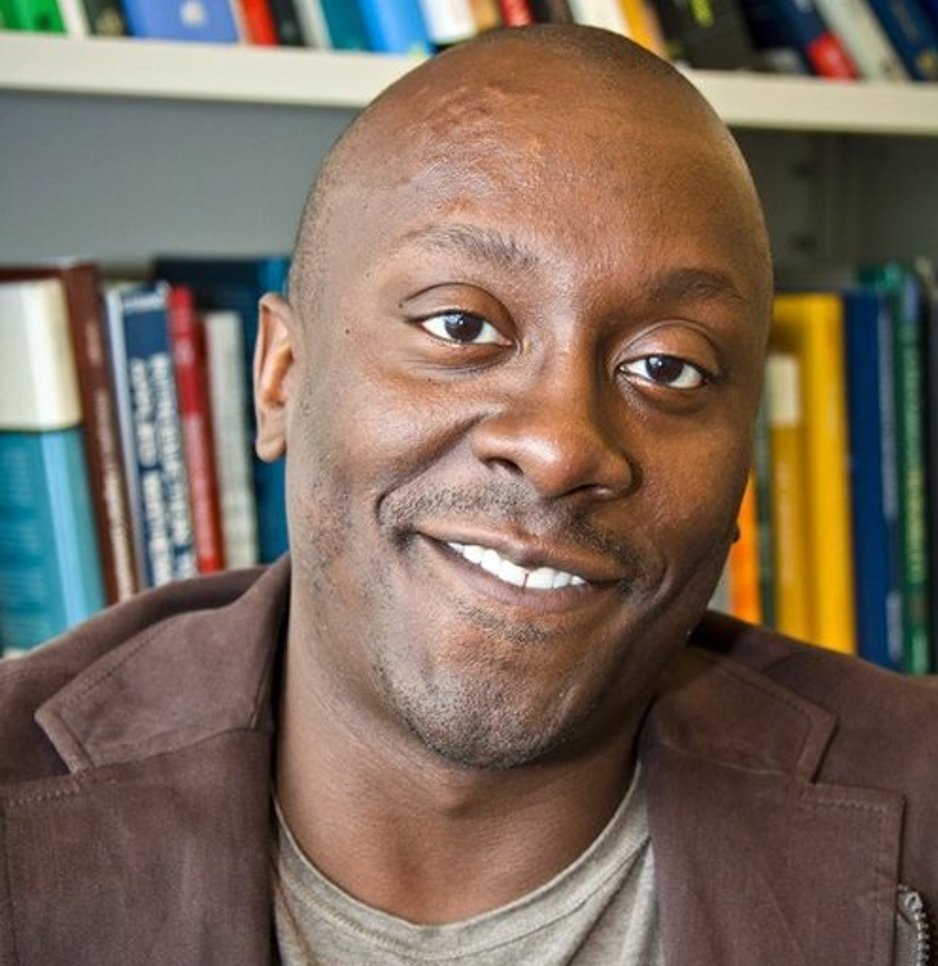Information Processing Methods to Decipher Oscillations in Neural Systems
In this talk, we will discuss efforts that have been developed to describe oscillatory electrophysiologic signals in the nervous systems of the brain and digestive system. Specifically, we will discuss analogies between physics-based perspectives and dynamic information-theoretic perspectives to describe wave propagation phenomena underlying local field potentials and neural spiking activity in brain recordings. We will then discuss patients with disorders of the digestive system, which are challenging to diagnose/treat and comprise the second most common reason someone misses school or work after the common cold. With our usage of multi-electrode abdominal human recordings that capture slow-wave neuromuscular electrical activity of the digestive system, we will showcase recent findings suggesting that optimal transport theory in conjunction with robust statistics enables the separation of patients with GI disorders into different etiologies, predicts treatment responses, and optimizes treatment plans. Lastly, we will discuss the emerging field of the electrical basis of the gut-brain axis. In this regard, we will describe recent techniques we have developed that combine high-dimensional sparse modeling and information theory to provide novel measures of the coupling between oscillations in the gut and brain. We conclude with a summary of the knowns and unknowns in how multi-organ neurophysiology research and systems- and information-theoretic thinking may create unique opportunities for the intersection of engineering, applied probability, neuroscience, and medicine.
 Speaker Biography:
Speaker Biography:
Todd P. Coleman received B.S. degrees in electrical engineering (summa cum laude), as well as computer engineering (summa cum laude) from the University of Michigan. He received M.S. and Ph.D. degrees from MIT in electrical engineering and did postdoctoral studies at MIT in neuroscience. He previously held faculty positions in Electrical & Computer Engineering and Neuroscience at the University of Illinois and in Bioengineering at UC San Diego. He is currently the Yu Family Faculty Scholar in the School of Engineering and an Associate Professor in the Department of Bioengineering at Stanford University. Dr. Coleman’s research is very multi-disciplinary, using tools from applied probability, physiology, and bioelectronics. His research spans from developing fundamental information theory and machine learning techniques to developing technologies to monitor and modulate physiology of the nervous systems in the brain and visceral organs. He has been selected as a National Academy of Engineering Gilbreth Lecturer, as a Fellow of IEEE, and a Fellow as the American Institute for Medical and Biological Engineering. He is currently the Chair of the National Academies Standing Committee on Biotechnology Capabilities and National Security Needs.